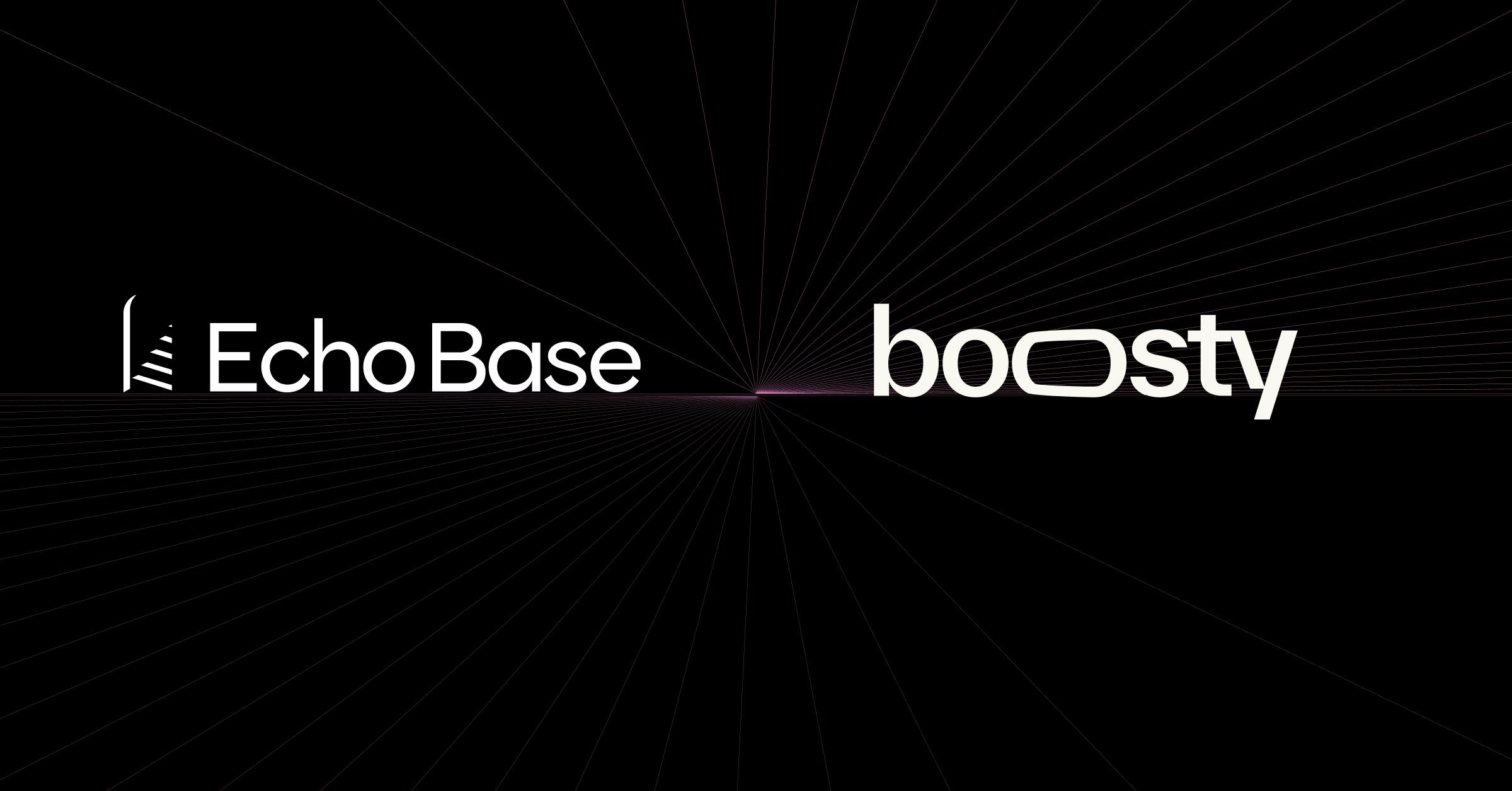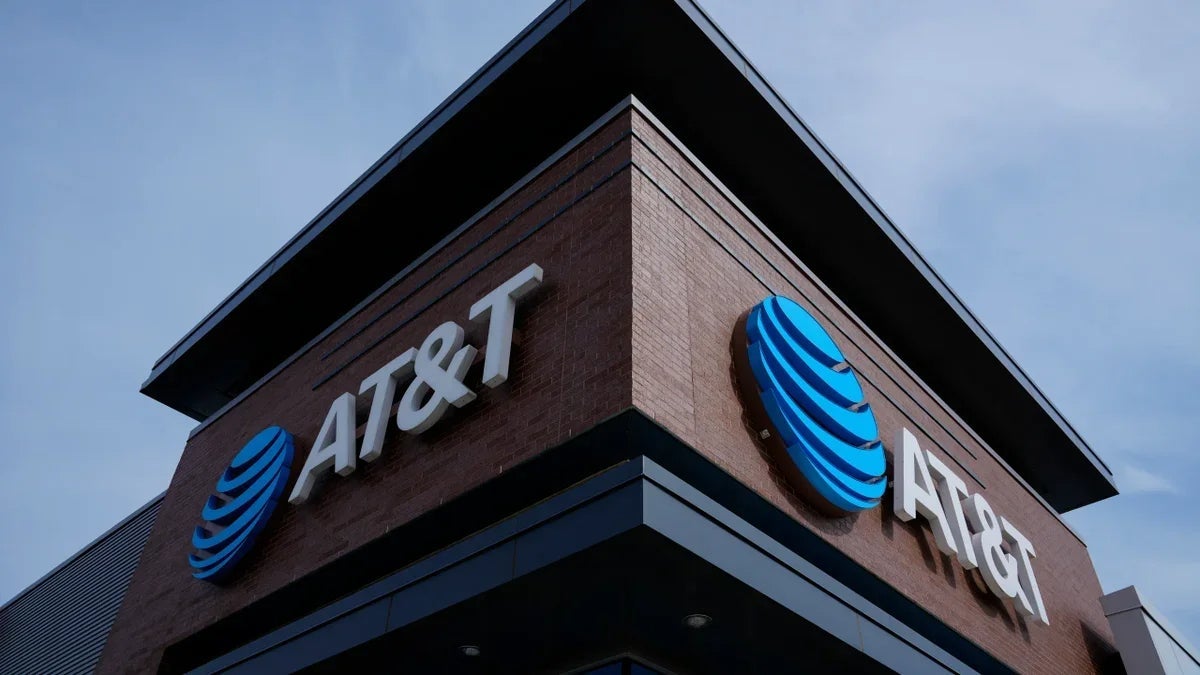Docker Inc. released Docker Desktop 4.42 on June 10, 2025, enhancing networking flexibility, AI workflow integration, and model distribution. Native IPv6 support now enables users to choose between dual-stack, IPv4-only, or IPv6-only modes with intelligent DNS resolution. Docker claims that the improved connectivity options make Docker Desktop more adaptable to diverse enterprise network environments.
The release incorporates the Model, Client, Protocol (MCP) Toolkit directly into Docker Desktop, enabling users to discover and manage over 100 MCP servers, such as GitHub, MongoDB, and HashiCorp, without requiring the installation of extensions.
These tools run in isolated containers with signed images and built-in secret management, ensuring a secure and sandboxed environment. Developers can start or stop these servers with a single click or use the new Docker MCP CLI to list, start, or manage services programmatically. For example, commands like docker mcp list, docker mcp start github, or docker mcp stop github offer quick access and integration into automated workflows. Docker’s AI assistant, Gordon, is also integrated directly with MCP, enabling developers to interact with these services using natural language or command-driven prompts, simplifying DevOps setup and infrastructure troubleshooting.
AI workflows receive further enhancements as Model Runner gains support for Qualcomm-based Windows devices, integration with Docker Engine on Linux, and an upgraded GUI featuring Local, Docker Hub, and Logs tabs Developers can now package GGUF-format AI models into OCI-compliant images using the new docker model package CLI command for secure distribution to Docker Hub or private registries.
To do this, a model (such as mistral.gguf) is placed into a directory and packaged using the Docker model package command. This creates an image tagged for reuse, such as username/mistral-model:1.0, which can then be pushed to Docker Hub or another container registry. Once stored, the model can be run locally using standard Docker commands or managed through Docker’s Model Runner GUI, which now includes tabs for local models, Docker Hub integration, and real-time logs. These features allow developers to securely build, run, and distribute AI workloads while maintaining portability and compliance across environments.
On social media, Docker advocate Ajeet Singh Raina highlighted the release as “powerful new capabilities with native IPv6 support, a fully integrated MCP Toolkit, and major upgrades to Docker Model Runner and our AI agent Gordon”.
However, some challenges with the new release have also been reported. Since the release of Docker Desktop 4.42, many macOS users have reported significant instability. On Reddit, one user reported that containers became unresponsive and failed with networking errors, including frequent cURL error 35: OpenSSL SSL_connect: SSL_ERROR_SYSCALL messages. They traced the problem to automatic proxy settings; containers worked when proxy detection was disabled, but macOS kept re-enabling it under corporate policies. Reverting to Docker Desktop 4.41.2 reportedly resolved the issue.
On GitHub issue #7698, several users reported that Docker Desktop simply fails to launch after upgrading to version 4.42.0. One user observed that after installation, the Docker daemon wouldn’t start, and attempts to do so returned errors about the daemon socket. Additional open issues reference failures to expose container ports when running behind connection managers like Traefik, suggesting deeper integration problems with Docker’s network layer.
Some feedback on Reddit suggests that Docker has fundamental performance issues inherent to macOS. One Reddit user noted that Docker Desktop’s excessive memory usage, beyond assigned limits, even occurs when only a single container is running, and macOS swap usage has ballooned over time. While this behavior is partly due to Docker’s VM-based architecture, community members suggest alternatives like Colima or Orbstack to bypass Docker Desktop’s overhead.
A Docker team member acknowledged the proxy-related errors and requested diagnostic logs to expedite troubleshooting. Meanwhile, GitHub threads remain active, tracking widespread issues with startup failures, window hangs, and networking faults under versions 4.42.x. The volume and breadth of these reports suggest that broader regression testing and swift patches may be needed to restore confidence in Docker Desktop on macOS.
These errors do appear to have been largely addressed by the Docker team, and so most new users should be able to utilize the full benefits of the update without facing many of these challenges.








